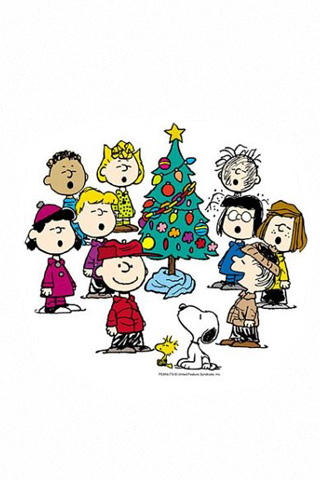Since the 1970s, the Corporation for Public Broadcasting’s National Public Radio and Public Broadcasting Service have been producing award-winning news, information, art and cultural programming to more than 1,000 independent stations across the U.S.
Due to America’s increasing debt, Republicans want to introduce a bill to cut billions in spending, including cutting about $430 million of public funding from NPR and PBS.
Millions in financial support for the CPB would be taken back this year, and eventually all government funding would be cut off.
This may not significantly impact the national organizations’ overall budgets, but local stations would likely suffer. For example, while about 15 percent of PBS’s revenue comes from CPB appropriations, the appropriation makes up 40 to 50 percent of the entire budget of individual stations, according to a statement from Anne Bentley, spokeswoman for CPB, in a recent ABC News story.
For some local stations, results could be devastating, creating layoffs and cuts in hours. And in extreme situations, some might go off the air.
Even if less funding does not result in such extremes, quality of programming will plummet.
Lower quality programming will affect large audiences, especially young children and disadvantaged communities.
Both PBS and NPR produce compelling programming that has become very popular over the years. The futures of iconic shows like “Frontline,” “Morning Edition” and “Sesame Street” could all be in danger if funding is lost.
On one hand, some supporters of cutting funding say it is not necessarily the government’s place to fund NPR, PBS or any other CPB station.
And with the widespread availability of the Internet, supporters of cutting federal funding for NPR and PBS argue that the Web is an easier, cheaper way for public information and opinion to be published.
But if NPR and PBS were to go off the air, those in rural areas who may only have access to select channels like PBS will not have the opportunity to see high-quality local, national and international programming.
Young children will miss valuable educational programming that many people grew up watching.
This is not the first time Republicans have attempted to cut funding for public broadcasting. Party members have argued that stations like NPR and PBS have obvious liberal bias. In reality, NPR radio has a rather diverse audience.
Forty-five percent of NPR listeners consider themselves moderate, 29 percent identify themselves as liberal and 22 percent as Republicans, according to a Pew Research Center poll conducted in September of last year.
Clearly, these organizations have tons of support, regardless of political leanings. But if government funding is lost, supporters will have to step up if they want programming to continue.
If people continue to support and donate money, there is a chance other broadcasters could buy NPR and PBS.
If that doesn’t happen, supporters of PBS and NPR have to take responsibility for keeping those stations on the air and donating money.
Sending in a few dollars may not seem like a lot, but every donation adds up. If you value the programming and care about CPB’s survival, pledge money and get involved in the situation.
In Milwaukee alone, availability of public media with programming aimed at preschool audiences to college students to senior citizens is prevalent. There are two PBS stations (10 and 36) and two local public radio stations (89.7 WUWM-FM and 90.7 WPR-FM).
Certainly, cutting spending in every possible area will help reduce the deficit in the end, however, politicians must be cautious while making these critical decisions. Cutting spending too liberally can devastate entire programs, organizations and careers.
Whether you believe that there is no longer a need for federal funding for NPR and PBS, or that money spent on public broadcasting is a great investment, NPR and PBS definitely has their place on the air. The public has the responsibility to keep them alive.



